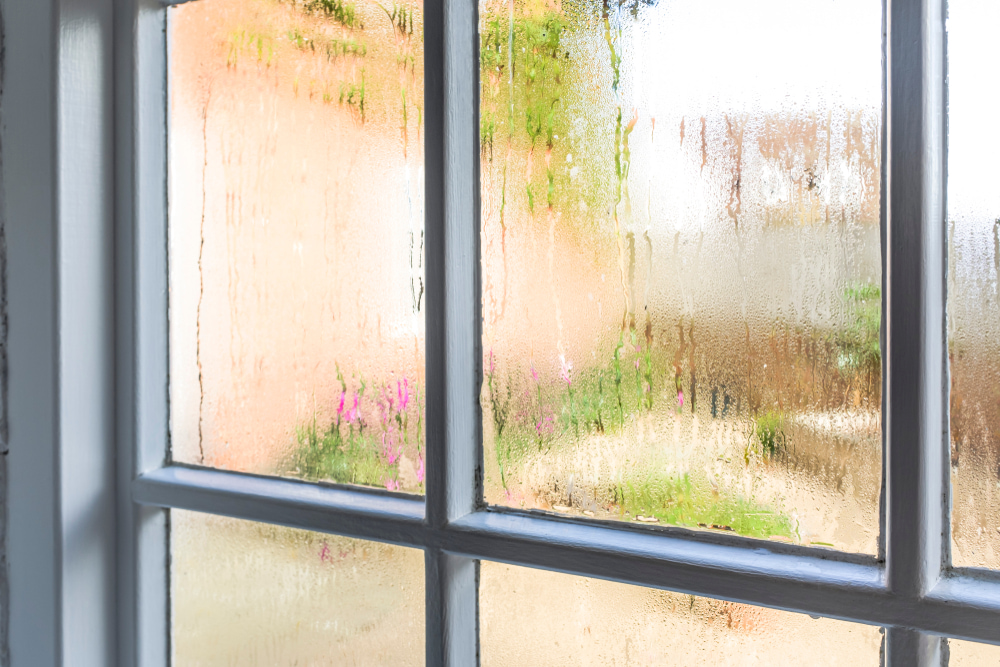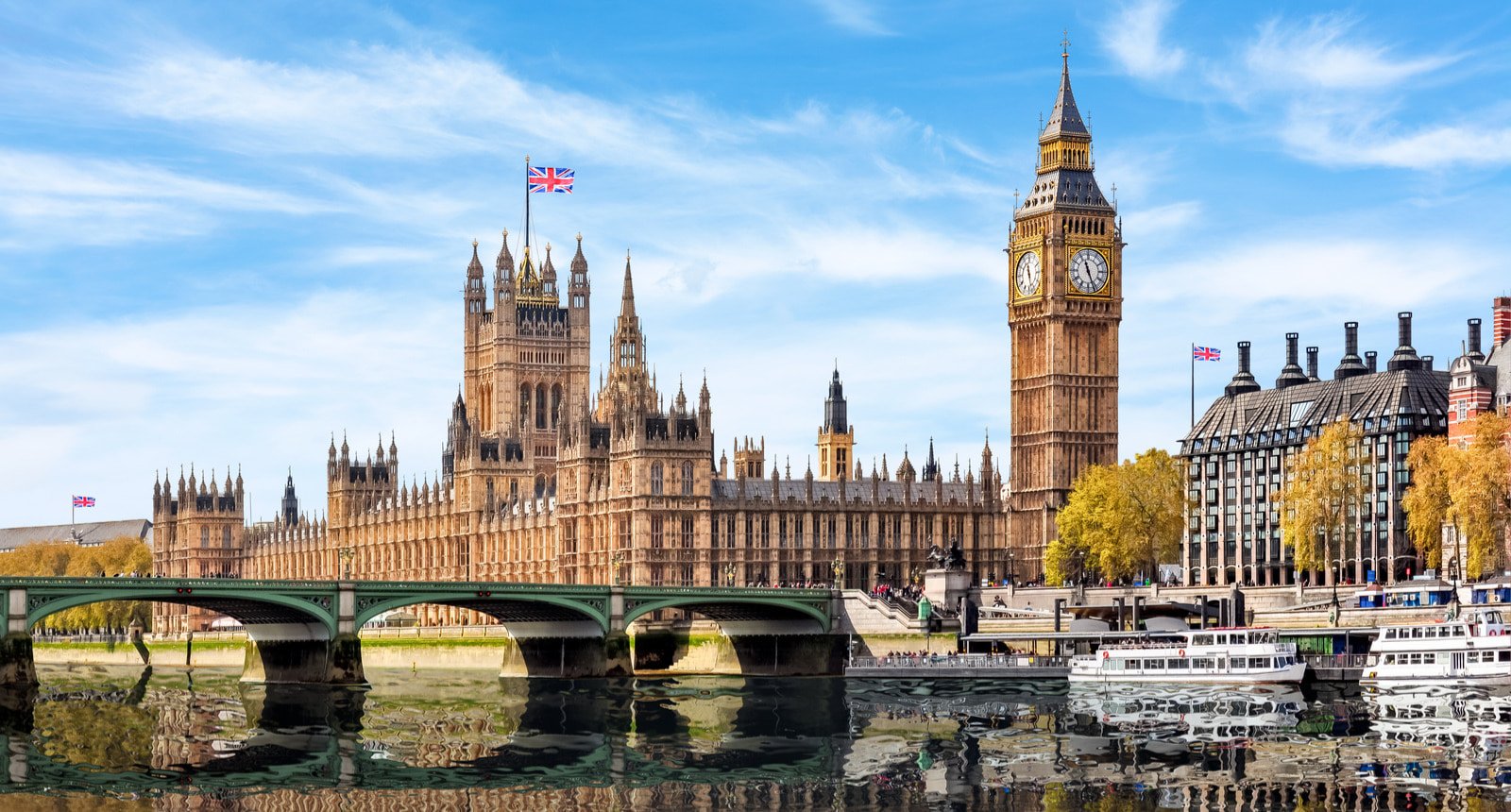Decent Homes: How to evolve alongside rising PRS standards
The Decent Homes Standard will be introduced to the PRS as part the Renters’ Rights Act. To succeed in this new landscape, you need to professionalise.
Emily Popple
Jul 5, 2025
Originally published: 2024
As things stand, one in five rented homes in the PRS won’t meet the Decent Homes Standard.
When you consider that the standard is set to be introduced as part of the Renters’ Rights Act, that seems shocking.
However, “standard” is the key word here, and the sector won’t tolerate poor ones for much longer. Former Deputy Prime Minister Angela Rayner was intent on raising them, stating that “a wave of bold action” is needed to ensure all homes are “decent, safe, and warm.”
Meanwhile, Goodlord’s State of the Letting Industry Report found that only 47% of respondents believed the standard would have a positive impact on the sector.
The wheels of change are turning, and higher standards will be crucial to your future success in the PRS. So, whether you’re a letting agent advising your landlords or a landlord yourself, now is the time to get your house in order.
In this blog, you’ll discover the context behind the standard, how you can prepare for its introduction, and answer all the questions you have on the topic.
- What is the Decent Homes Standard?
- The history of the Decent Homes Standard
- How many private rented properties meet the Decent Homes Standard?
- How much will it cost landlords to upgrade their properties?
- Decent Homes Standard checklist: 4 ways to anticipate incoming regulation
- How will the standard be enforced?
- Is purpose-built student accommodation exempt from the Decent Homes Standard?
What is the Decent Homes Standard?
The Decent Homes Standard was initially established to set minimum standards for social housing in the United Kingdom, excluding leasehold and shared ownership properties.
When the Renters Rights Act comes into effect, the housing standard will apply to properties owned by both private and social landlords. These requirements will likely include ensuring properties have adequate insulation, are of sufficient size, and meet decency standards.
The history of the Decent Homes Standard: 2000–2025
The Decent Homes Standard was introduced by the Government in 2000 and sets out the minimum standards that are required for housing in the social rented sector. The standard was updated in 2006 to reflect the Housing Act 2004, which introduced the Housing Health and Safety Rating System (HHSRS).
The Blair government designed the standard to provide residents in social homes (such as council houses and those in housing associations) with a positive minimum standard of conditions.
The programme’s expected deadline was 2010, though some councils felt they could not meet the target and applied for extensions. The London Borough of Lewisham, for example, was given until 2012 to improve its housing stock. Some councils found that their social housing required prohibitively expensive repairs. As a result, some blocks of flats and prefab houses were demolished.
"Labour won’t be using the Conservatives’ Decent Homes Standard consultation. Instead, they'll conduct a new consultation to confirm what PRS standards will be."
In November 2020, the government committed to reviewing the standard further in the Social Housing White Paper. This commitment was reinforced in the 2022 Levelling Up White Paper, which outlined a plan to halve the number of non-decent homes (in both the public and private sectors) by 2030.
The Renters (Reform) Bill, introduced by the Conservative Government in May 2023, planned to extend the Decent Homes standard to the PRS. Although this didn’t pass before the 2024 general election, the Labour Government has included the DHS in the Renters' Rights Act, which received Royal Assent in October 2025.
On the 2nd July 2025, the government launched a new consultation on applying the DHS to the Private Rental Sector. The government is using data collected in this report to inform the consultation. This could lead to significant changes in the DHS, so it's essential to stay informed about what is expected of landlords and their properties.
How many private rented properties meet the Decent Homes Standard?
The original consultation for the Decent Homes Standard in the private rental sector estimated that 79% of properties in the private rented sector (PRS) already meet the current standard.
This means 21% of properties that don’t meet the standard will need to invest in upgrades.
The English Housing Survey 2022-2023 reported that private renters were more likely to live in a poor-quality home than any other tenure.
The survey also found that private renters were likelier to live in a home with either Category 1 hazards or dampness.
You can find a complete list of the hazards here.
How much will it cost landlords to upgrade their properties?
The English Housing Survey 2022-2023 reported that bringing a non-decent home up to standard would cost an average of £9,234. For private rental properties specifically, the median cost is £8,381.
During the initial consultations on the Renters (Reform) Bill, a “cost cap” on necessary improvements was proposed but was later thrown out.
Decent Homes Standard checklist: 4 ways to anticipate incoming regulation
A “decent” home in the social housing sector must meet the following criteria. You can use this to inform your preparations, but things are still subject to change:
1. Ensure your properties are in a reasonable state of repair
This includes key building components, such as the roof, chimneys, and internal amenities, including kitchens and heating systems. The National Housing Federation proposed removing the distinction between "key" and "other" components in 2022, in favour of an assessment based on a component’s condition and functionality.
2. Have reasonably modern facilities and services
To ensure the quality of the housing stock, all habitations must include a relatively modern kitchen and a modern bathroom. Kitchens must be less than 20 years old, with adequate space and layout, and bathrooms must be less than 30 years old. Adequate noise insulation and sufficient common entrance areas are also required.
When physical or planning restrictions prevent improvements, the property automatically fails these criteria. Demolition and new builds may be considered more appropriate in some cases.
3. Provide a reasonable degree of thermal comfort
Properties must have efficient heating systems and proper insulation. For oil or gas heating, cavity wall insulation or 50mm of loft insulation is required. For electric storage heaters or solid fuel heating, you need 200mm of loft insulation.
The heating system must be able to heat two or more rooms in the home. Even if the system covers most of the house, the home must be warm enough for tenants under the HHSRS (Housing Health and Safety Rating System).
4. Be free of Category 1 hazards under the Housing Health and Safety Rating System (HHSRS)
Category 1 hazards include several serious issues. These issues include (but aren’t limited to) mould growth, excessive heat or cold, major structural issues that could cause injury, and potential carbon monoxide leaks.
How will the standard be enforced?
Local councils are already responsible for identifying hazards in private rental properties and taking enforcement action to address them. Under the proposed Decent Homes Standard, landlords would be legally obliged to ensure their properties comply.
Non-compliance would constitute a criminal offence, carrying a fine and, in severe cases, a “banning order offence”. There will be specific exemptions for listed buildings.
This approach would allow councils to take tougher action against non-compliant landlords while protecting those who meet their obligations. Generally, this should be viewed as a positive development. Decent tenants deserve decent homes. The expanded prosecution powers of councils will help keep these tenants safe.
Is purpose-built student accommodation (PBSA) exempt from the Decent Homes Standard?
Matthew Pennycock, the Minister of State for Housing and Planning, has previously confirmed PBSA properties will be exempt from the assured tenancy system if the landlord agrees to abide by a government-approved code of management practice.
This means that while PBSAs will not be subject to the Decent Homes Standard set out in the Renters' Rights Act, they will still have a government-assigned housing standard.
Landlords who fail to meet these new standards will be removed from the “code of practice” and held to the more stringent Decent Homes Standard.
Conclusion
The incoming Decent Homes Standard represents a choice for landlords. They can professionalise and comply with the standard, or they can sell up and leave the industry.
The vast majority of landlords are professionals who meet their obligations and provide excellent homes for their tenants. By giving councils increased powers to enforce the Decent Homes Standard, the government is ensuring that the few bad actors are forced to improve their offering.
Plus, with tentative support from landlords and agents, it feels like now is the time to embrace change and welcome tenants into safer, happier homes.
In turn, the government must expedite its plans for a new consultation and set clear expectations for all stakeholders.
This article is intended as a guide only and should not be considered legal advice. For more information, visit parliament.uk.


-min.jpg)
-min.jpg)


